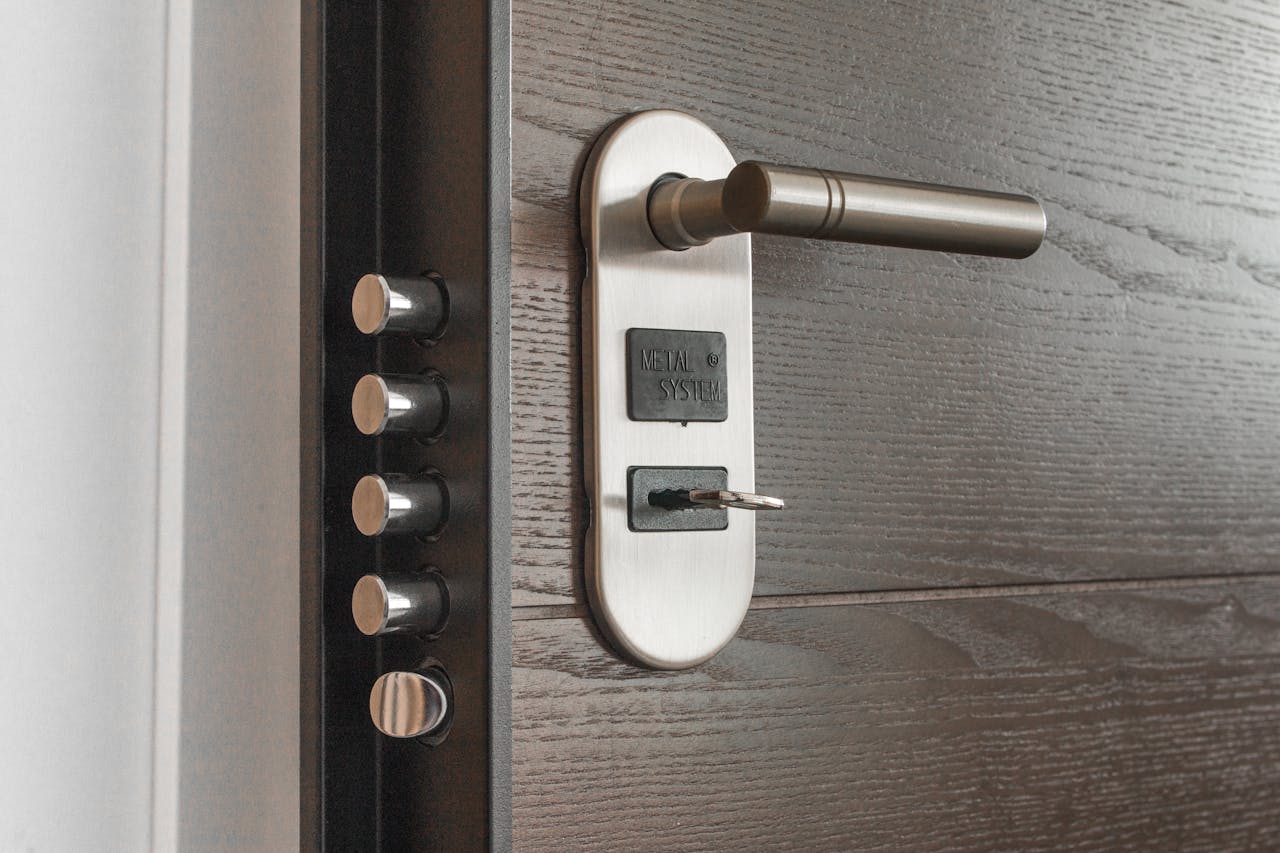Here’s What You Need To Know To Get Started
Navigating probate involves understanding its steps: filing a petition, notifying beneficiaries and creditors, inventorying and appraising assets, paying debts and taxes, distributing assets, and closing the estate. To avoid probate, consider options like living trusts, joint ownership, beneficiary designations, and payable-on-death accounts. Common challenges include disputes among heirs, delays, costs, and complex estates. Planning ahead with a clear will and seeking professional advice can make the process smoother. By taking these steps, seniors can ensure their estate is managed according to their wishes and reduce the burden on their loved ones.

Probate can be a complex and often confusing process, especially for seniors and their families. Understanding what probate entails, the steps involved, how to avoid it, and common challenges can help make the process more manageable. This article aims to provide a comprehensive guide for seniors to navigate probate effectively.
What is Probate and Why it Matters
Definition of Probate
Probate is the legal process through which a deceased person’s estate is distributed to heirs and beneficiaries. It involves validating the deceased’s will, paying off any debts, and distributing the remaining assets. If the deceased did not leave a will, the probate court will determine the distribution of assets according to state laws.
Importance of Probate
Probate ensures that the deceased’s wishes, as expressed in their will, are honored and that their assets are distributed fairly and legally. It provides a structured process for resolving any disputes that may arise among heirs or creditors. For seniors, understanding probate is crucial because it affects how their estate will be handled after their passing, impacting their legacy and their family’s financial stability.
Steps Involved in the Probate Process
1. Filing a Petition
The probate process begins with filing a petition with the probate court. This petition is typically filed by the executor named in the will or, if there is no will, by a close relative or heir. The court then schedules a hearing to validate the will and appoint an executor or administrator.
2. Notification
Once the court approves the petition, the executor is responsible for notifying all beneficiaries and creditors of the probate proceedings. This step ensures that everyone with a potential interest in the estate is aware of the process and can make any claims they might have.
3. Inventory and Appraisal
The executor must then take an inventory of the deceased’s assets and have them appraised. This step is crucial for determining the estate’s total value and ensuring all assets are accounted for.
4. Paying Debts and Taxes
Before any assets can be distributed, the executor must pay any outstanding debts and taxes. This includes final income taxes, estate taxes, and any debts owed to creditors. Ensuring these are paid off is essential to avoid legal complications later.
5. Distribution of Assets
After debts and taxes have been settled, the executor can distribute the remaining assets to the beneficiaries as outlined in the will or, if there is no will, according to state intestacy laws. This step may involve transferring property titles, distributing funds, or transferring ownership of other assets.
6. Closing the Estate
The final step in the probate process is closing the estate. The executor must provide a final accounting to the court, showing how the assets were managed and distributed. Once the court approves this accounting, the estate is officially closed.
How to Avoid Probate
1. Living Trusts
One of the most effective ways to avoid probate is by setting up a living trust. A living trust allows you to transfer ownership of your assets to the trust, which then owns the assets upon your death, bypassing the probate process entirely. The trustee can then distribute the assets according to the terms of the trust without court intervention.
2. Joint Ownership
Owning property jointly with rights of survivorship can also help avoid probate. When one owner passes away, the property automatically passes to the surviving owner without going through probate.
3. Beneficiary Designations
For certain assets like life insurance policies, retirement accounts, and bank accounts, you can designate beneficiaries. These assets will pass directly to the beneficiaries upon your death, bypassing probate.
4. Payable-on-Death and Transfer-on-Death Accounts
Designating accounts as payable-on-death (POD) or transfer-on-death (TOD) allows the assets to transfer directly to the named beneficiaries without going through probate.
Common Challenges and How to Overcome Them
1. Disputes Among Heirs
One common challenge in the probate process is disputes among heirs. These disputes can arise over the distribution of assets, the validity of the will, or the actions of the executor. To overcome this, it’s essential to have a clear, well-drafted will and open communication with potential heirs to manage expectations.
2. Delays in the Process
Probate can be time-consuming, often taking several months to over a year to complete. Delays can occur due to court backlogs, disputes, or difficulties in locating and valuing assets. Working with an experienced probate attorney can help expedite the process and avoid unnecessary delays.
3. Costs Involved
The probate process can be expensive, with costs including court fees, attorney fees, and appraisal fees. These costs can significantly reduce the value of the estate. Planning ahead by utilizing probate-avoidance strategies like living trusts and joint ownership can help minimize these costs.
4. Complexity of Estate
If the deceased had a complex estate with numerous assets, businesses, or properties in different states, the probate process can become particularly complicated. In such cases, professional assistance from estate planners and probate attorneys is invaluable in navigating the complexities and ensuring a smooth process.
Costs Involved In The Probate Process
Here’s a table outlining the typical costs involved in the probate process:
| Cost Category | Description | Estimated Amount |
|---|---|---|
| Court Fees | Filing fees for the probate petition and other court documents | $200 – $1,000+ |
| Attorney Fees | Legal fees for representation and guidance through the probate process | Varies widely; often 2-4% of the estate value |
| Executor Fees | Compensation for the executor’s time and effort | Varies by state; often 2-5% of the estate value |
| Appraisal Fees | Costs for appraising the value of the deceased’s assets | $200 – $500+ per appraisal |
| Bond Fees | Costs for the executor’s bond, if required by the court | Depends on estate value; typically 0.5-1% of the estate value |
| Accounting Fees | Fees for preparing and filing estate tax returns and other necessary financial documents | Varies; often $500 – $2,000+ |
| Publication Fees | Costs for publishing required notices to creditors and beneficiaries | $50 – $300+ |
| Miscellaneous Costs | Additional costs such as postage, copying, and travel expenses | Varies; often $100 – $500+ |
Notes:
- Costs can vary significantly based on the complexity and size of the estate, the state in which probate is taking place, and the specific circumstances of the case.
- Attorney and executor fees are often subject to negotiation and may be charged as a flat fee, hourly rate, or a percentage of the estate value.
- Some states have statutory fee schedules that dictate the maximum allowable fees for executors and attorneys.
Conclusion
Navigating probate can be challenging, but understanding the process, knowing how to avoid it, and being aware of common challenges can make it more manageable for seniors and their families. By planning ahead and seeking professional advice, seniors can ensure that their estate is handled according to their wishes and that their loved ones are spared unnecessary stress and expense.
Related Articles

Understanding and Choosing a Power of Attorney
What Is The Best Choice For A Power Of Attorney? The best choice for a power of attorney (POA) depends on your specific needs

Medicaid Planning and Asset Protection
How A Medicaid Trust Protects Your Assets A Medicaid Trust, specifically a Medicaid Asset Protection Trust (MAPT), safeguards your assets by transferring ownership

Navigating Probate: What Seniors Need to Know
Here’s What You Need To Know To Get Started Navigating probate involves understanding its steps: filing a petition, notifying beneficiaries and creditors, inventorying and appraising

Home Safety for Seniors
How can I make my house safer for the elderly? To make your house safer for the elderly, focus on eliminating hazards and improving accessibility.





